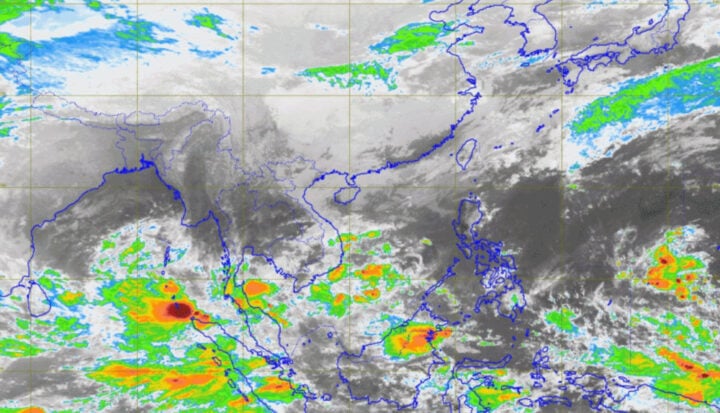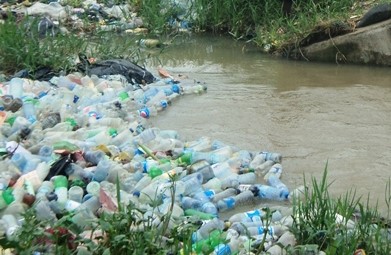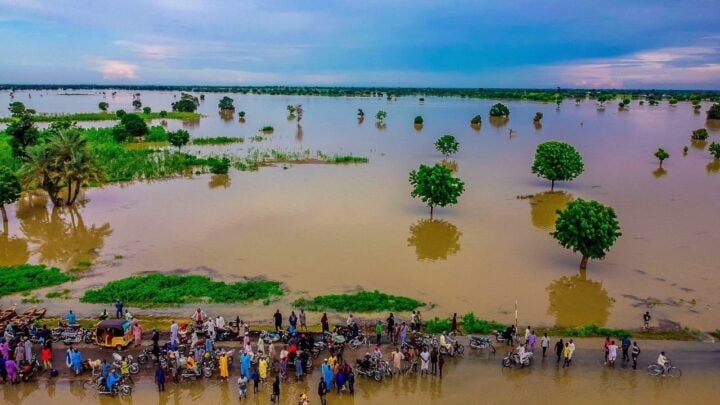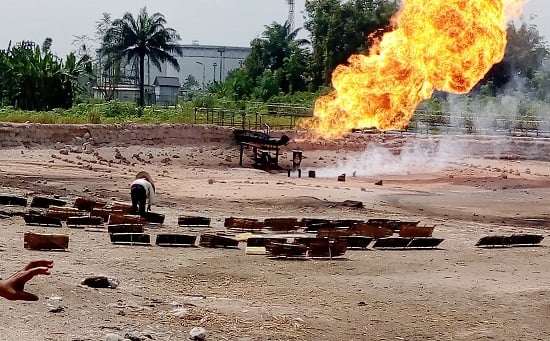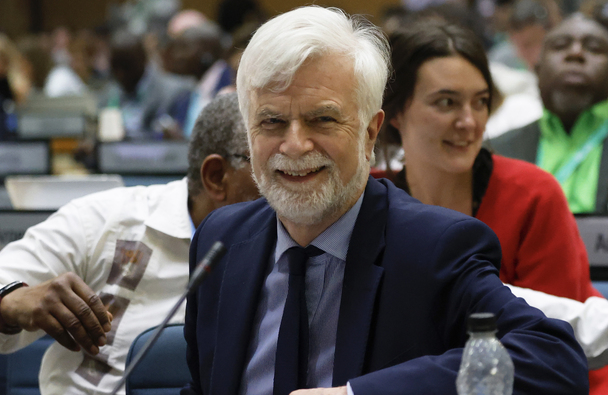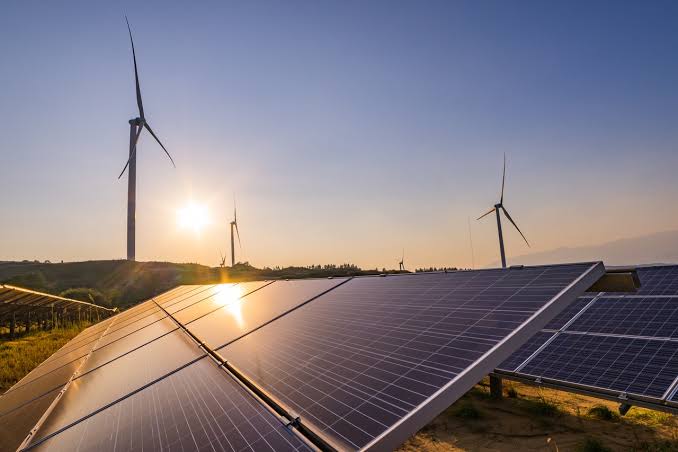Despite directly impacting our communities, health, and livelihood, climate-related reports usually take a back seat to dominant news beats like politics and business. Climate Watch aims to ensure you never miss important stories on climate change and actions being taken toward limiting its impact.
Here is a round-up of last week’s climate stories:
- The China Meteorological Administration said a village in Xinjiang region recorded a temperature peak of 52.2C on July 16 – the highest since 2017. Amid the heatwave crisis, John Kerry, US climate envoy, met with Xie Zhenhua, special representative for climate change affairs in Beijing, China’s capital, on July 17. Kerry said it was imperative that China and the United States make real progress before COP28. Kerry encouraged China to partner with the US to cut methane emissions and reduce the climate impact of coal-fired power. Read more here.
- At the Women Deliver conference on July 18 in Kigali, Rwanda, Ipas – a global organisation on reproductive justice, said there is a need to build more climate-resilient communities. Khusbu Poudel, Ipas programme coordinator on climate change and gender, said climate change has caused limited access to health services and economic opportunities for women. Poudel said it is necessary to develop local action plans to mitigate the effect of climate change on women. Read more here.
- The National Emergency Management Agency (NEMA) on July 20, warned Mokwa, Shiroro, Lavun and Borgu LGAs in Niger state of imminent flooding between July and November. Zainab Sa’idu, head of the NEMA operations in Minna, said water levels along the River Niger are rising and leading to an overflow into nearby settlements and communities. Sa’idu said other LGAs like Edati, Gbako, Wushishi, Rafi, Mashegu, Magama, and Agwara might also experience high levels of flood within the same period. She advised residents living on flood plains and river banks to relocate to higher grounds. Read more here.
- As the world marked Climate Emergency Day on July 22, the World Meteorological Organisation (WMO) said global temperatures have reached unprecedented levels. Extreme weather events and higher-than-normal temperatures have been recorded in Asia, Europe, North America, and Africa. Amid the disasters, the climate clock – which aims to ensure urgent actions to mitigate climate crisis – dropped below six years. This means the world has five years to limit global temperature rise to 1.5C. Joseph Ibrahim, climate clock West African coordinator, said the clock is a global symbol of urgency to alert people to the climate emergency. Ibrahim said time is a resource and warned that policymakers should not ignore the deadline. Find out more here.
Advertisement
Add a comment
